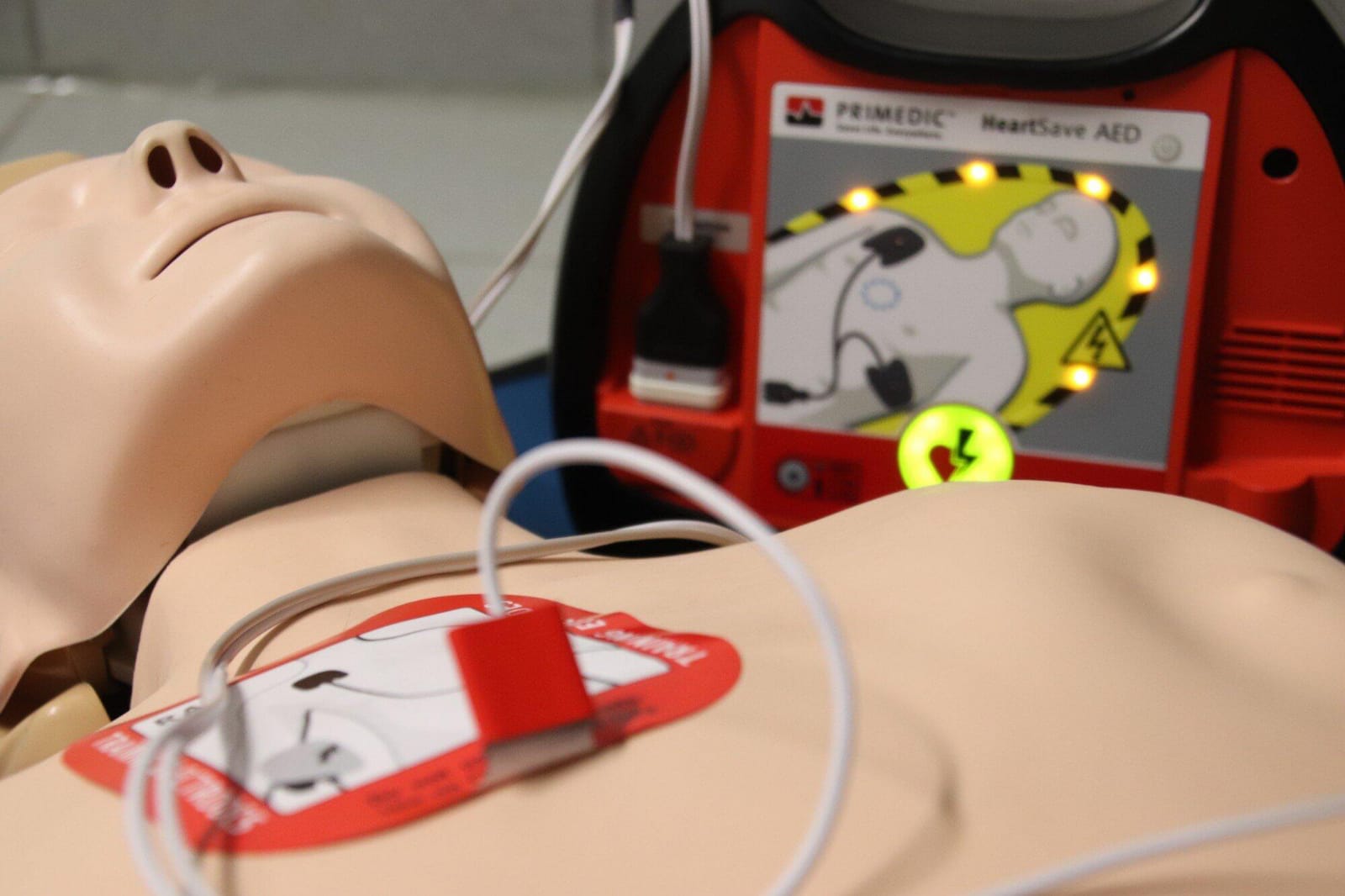Top Skills EMS Professionals Need for Success in the Field

In the fast-paced and high-stakes world of emergency medical services (EMS), success hinges on a well-rounded set of skills.
EMS professionals must be adept in various critical areas. This can span from making life-or-death decisions in a split second to communicating effectively with patients and colleagues.
This blog post dives deep into the top skills EMS professionals need to excel in their careers. We’ll provide valuable insights and practical tips for anyone looking to thrive in this challenging yet rewarding field.
So, read on!
Clinical Knowledge and Skills
Clinical knowledge and skills are the foundation of success in EMS. As an EMS professional, you must have a thorough understanding of:
- anatomy
- physiology
- pathophysiology
That way, you can accurately assess and treat patients. Additionally, you need to be proficient in various medical procedures such as:
- administering medications
- performing CPR
- using advanced life support equipment
These skills require continuous learning and practice. That way, they can stay up-to-date with advancements in medicine and technology. If you are new into the field and want to obtain your CPR certification, for example, there are websites like https://cprcertificationnow.com that offer online courses for busy EMS professionals.
To enhance your clinical knowledge and essential EMS skills, consider pursuing additional certifications. Also consider attending conferences and workshops.
This will not only improve your abilities. It will also demonstrate your commitment to providing high-quality care.
Critical Thinking and Decision-Making
In EMS, every second counts. And, the decisions you make can have a significant impact on a patient’s outcome. That’s why critical thinking and decision-making skills are crucial for success in this field.
You must be able to:
- quickly assess a situation
- gather information
- make informed decisions under pressure
This requires a combination of:
- medical knowledge
- experience
- intuition
To develop your critical thinking and decision-making abilities, practice scenario-based training. Then, seek feedback from experienced colleagues. These critical EMS abilities will not only help you in emergency situations. It also improves your overall patient care.
Effective Communication
Effective communication is essential in EMS, both with patients and colleagues. As an EMS professional, you must be able to communicate clearly and effectively to:
- gather information
- provide instructions
- build rapport with patients
Moreover, effective communication is crucial when working as a team. You must be able to collaborate with other EMS professionals. You must also communicate important information to hospital staff.
To improve your communication skills, make sure to:
- practice active listening
- use clear and concise language
- be mindful of non-verbal cues
These skills will help you establish trust and ensure that vital information is conveyed accurately.
Physical and Emotional Resilience
Working in EMS can be physically and emotionally demanding. You must be prepared to handle long shifts, heavy lifting, and potential exposure to traumatic situations.
Moreover, you may have to deal with difficult patients or witness distressing events. Therefore, it’s important to develop physical and emotional resilience to cope with the demands of this job.
Prioritize self-care practices such as exercise, proper nutrition, and stress-management techniques. Additionally, utilize support systems such as peer support groups or counseling services if needed.
EMS Professionals Need These Skills for Success in the Field
EMS professionals need a diverse set of skills to excel in their careers. Each skill plays a crucial role in providing high-quality care.
It’s essential for EMS professionals to continuously develop and hone these skills through education, training, and self-care practices. By doing so, they can not only succeed in the fast-paced environment of emergency medical services. They also make a positive impact on patients’ lives.
To read more, visit our blog page. We do have more!





